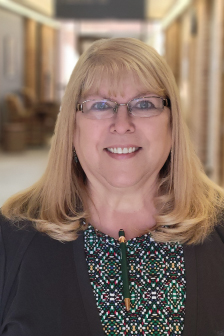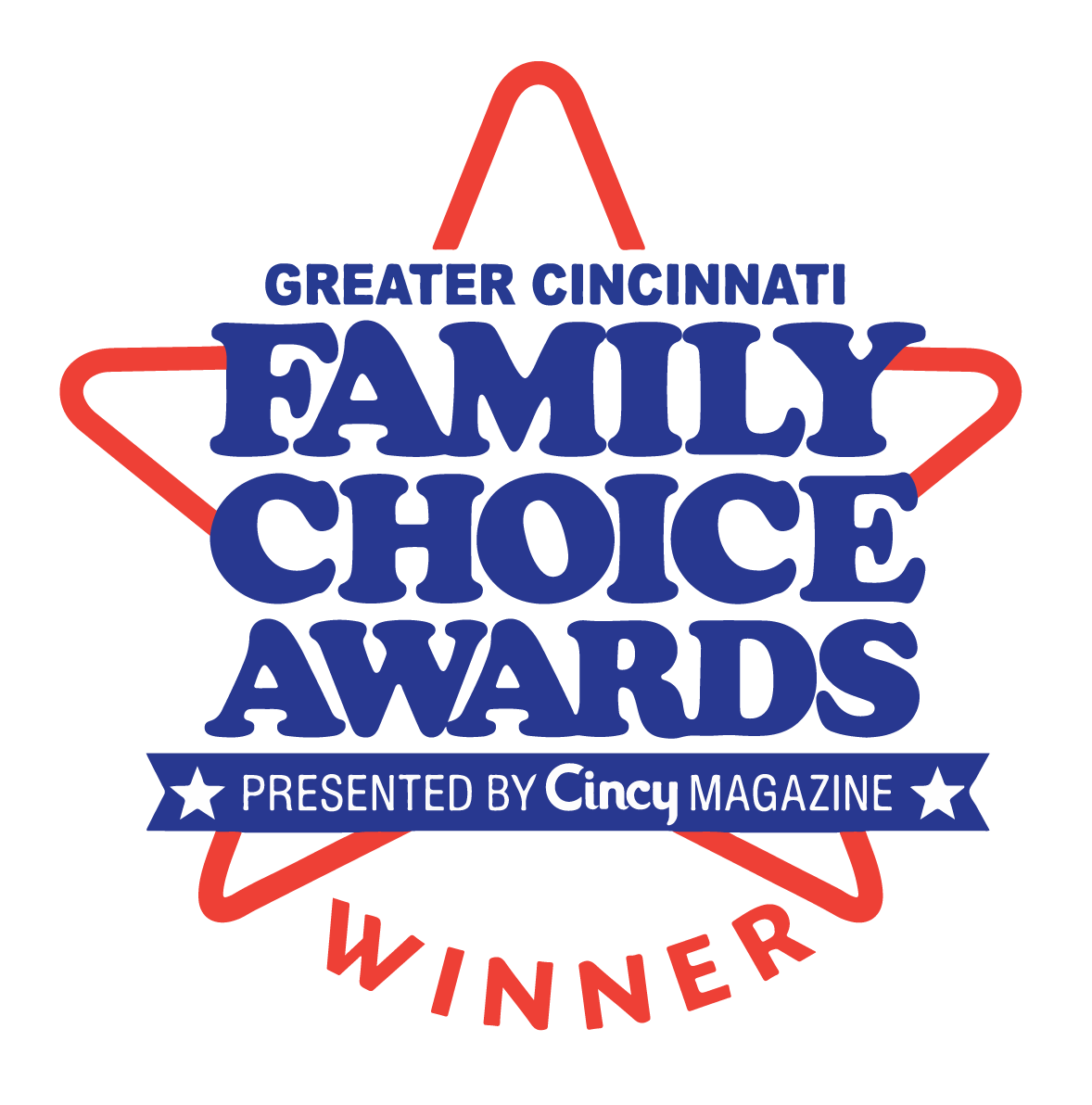Human & Social Services: Chemical Dependency (435A)

Offered on: Brown County Campus (Day/Evening) & Central Campus (Day/Evening)
Nature of Profession
The Human and Social Services Chemical Dependency Major is designed to prepare students for careers in case management and counseling of chemically dependent individuals and their families. Students are prepared for employment in entry level positions in a variety of settings including therapeutic communities, rehabilitation centers, inpatient facilities, residential programs, outpatient clinics, mental health centers, detox units, and other organizations focusing on addictions treatment, education, or prevention. They may organize and lead group activities, assist clients in need of emotional support or crisis intervention, or they may monitor and keep case records on clients and report progress to supervisors. The amount of responsibility and supervision they are given varies a great deal, as do actual job duties.
To view current Job Postings related to the Human & Social Services: Chemical Dependency Program visit:
Careers in Human & Social Services: Chemical Dependency:
This information is provided by ONetOnline.org
Program Design
The program provides students with a foundation in social and behavioral sciences, a focused study in addictions and career-oriented clinical/practicum experiences leading to the development of competent addictions counselors. The curriculum places strong emphasis on application of knowledge to problems and practices in the fields of human services and chemical dependency treatment, intervention and prevention. Courses in the program address basic human services and counseling skills, pharmacology and addictions theory as well as a selection of liberal arts topics to provide a broad understanding of the human experience. Academic and clinical application coursework is built around the knowledge, skills and competencies necessary to help clients move from life threatening addictions to recovery. Classes focus on the following: psychological and sociological understanding of human interactions, addictive behaviors and various treatments utilized with chemically dependent persons, pharmacological effects of alcohol and other chemicals, understanding the various needs of special populations and their differing help seeking behaviors, ethical issues including confidentiality, appropriate boundaries and dual relationships and counseling theory and techniques.
Program requirements address the competencies identified by the Ohio Department of Alcohol and Drug Addiction Services (ODADAS). Graduates will have completed the necessary coursework requirements for eligibility as a Licensed Chemical Dependency Counselor II, a credential awarded by the Ohio Chemical Dependency Professionals Board. Additional requirements for LCDC II include a period of supervised experience some of which students are expected to complete after graduation from the program. Program graduates planning to work as chemical dependency counselors must apply for and receive this credential in order to practice legally in the State of Ohio. In addition, the program meets the educational requirements of the State of Ohio Counselor, Social Worker and Marriage and Family Therapist Board certification of Social Work Assistant.
A minimum grade of "C" is required in all courses for graduation. Any required course in which a grade below a "C" is received must be repeated. Life experience credit may not be used to fulfill graduation requirements in this program. Students completing the Chemical Dependency major must complete their entire practicum experience at a chemical dependency counseling/treatment facility.
Courses
Fall Semester | First Year
| Course # | Course Title | Credits |
|---|---|---|
| HSSR 1110 | Introduction to Social Services & Ethical Procedures | 3 |
| SOCI 2232 | The Criminal Justice System | 3 |
| ENGL 1101 | English Composition I | 3 |
| PSYC 1110 | Principles of Psychology | 3 |
| MATH 1115 | Math for Business and Social Science | 3 |
| SOCI 1107 | Introduction to Diversity | 3 |
Spring Semester | First Year
| Course # | Course Title | Credits |
|---|---|---|
| HSSR 1135 | Affective Education & Group Process | 3 |
| HSSR 1150 | Case Management & Writing in the Helping Professions | 3 |
| HSSR 1105 | Survey of Substance Use Disorders | 3 |
| ENGL 1102 | English Composition II | 3 |
| PSYC 1111 | Life Span & Human Development | 3 |
Fall Semester | Second Year
| Course # | Course Title | Credits |
|---|---|---|
| HSSR 2271 | Human Services Practicum I | 3 |
| HSSR 2265 | Diagnosis and Treatment of Mental and Emotional Disorders | 3 |
| HSSR 2210 | Counseling Theories | 3 |
| SOCI 1170 | Introduction to Sociology | 3 |
| BIOL 1040 | Human Biology I | 4 |
Spring Semester | Second Year
| Course # | Course Title | Credits |
|---|---|---|
| HSSR 2272 | Human Services Practicum II | 3 |
| HSSR 2211 | Counseling Techniques | 3 |
| HSSR 2216 | Prevention, Diagnosis & Treatment of Chemical Dependency | 3 |
| PSYC 2225 | Psychology of Addictions & Family Services | 3 |
| COMM 1115 | Fundamentals of Effective Speech | 3 |
Program Total: 64
Request More Info / Contact Us
Faculty
 Patricia Beach
Patricia Beach- Instructor, Human & Social Services
- 800.628.7722 x3632
- pbeach@sscc.edu

